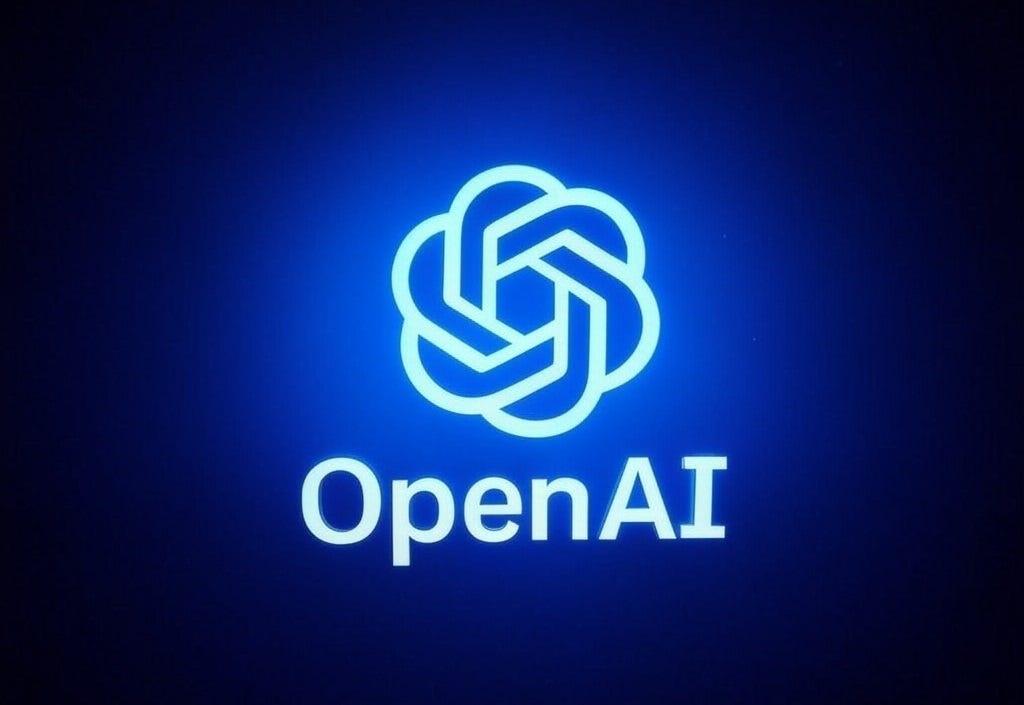OpenAI’s Decision Sparks Discussion on the Ethics of AI Representation
The recent decision by OpenAI to halt the use of Martin Luther King Jr.’s likeness in artificial intelligence-generated videos has reignited a fervent debate about the ethical boundaries of AI representation. Critics argue that deploying the image of such a revered figure in contexts that may be deemed disrespectful undermines the legacy and dignity of civil rights leaders.This incident highlights a larger issue within the realm of AI and content creation, raising notable questions about the responsibilities of technology companies in safeguarding historical narratives and cultural sensibilities.
As public discourse unfolds, several key concerns have emerged, including:
- Authenticity and Context: How can AI ensure that representations of historical figures remain true to their values and messages?
- Consent and Legacy: Should the families or estates of historical figures have a say in how their images are used in modern media?
- Accountability: Who is responsible when AI-generated content inadvertently disrespects the individuals it portrays?
These questions serve as a clarion call for establishing ethical frameworks and guidelines that can steer AI innovation while honoring the legacies that these historical figures represent. Stakeholders must engage in thoughtful discussions to balance technological advancement with moral duty.

Examining the Impact of AI-Generated Content on Historical Figures
The growing prevalence of AI-generated content has sparked widespread discussions about the appropriateness and respectfulness of representing historical figures. The recent decision by OpenAI to halt the depiction of martin Luther King Jr. following the circulation of what was deemed “disrespectful” videos underscores the delicate nature of this issue. Historical figures like King are not merely subjects for creative exploration; they are the embodiment of significant cultural and social movements. The challenge lies in balancing innovation with reverence, ensuring that AI technologies adhere to ethical standards that honor their legacies.
As AI continues to evolve, it raises critical questions about the portrayal of influential leaders. The recent backlash over the videos highlights several vital considerations:
- Contextual Integrity: AI must capture the essence of who these figures were and what they represented.
- Public Sentiment: The opinions of community members, notably those associated with the movement or figure, should be prioritized.
- Content Accuracy: Misinformation can easily spread with AI, risking the misrepresentation of historical contexts.
Addressing these challenges is essential for creating a responsible framework for future AI applications, ensuring that the contributions of historical icons are both respected and preserved.

Engaging the Public: The Role of Feedback in Shaping AI Policies
As technology continues to evolve,the repercussions of artificial intelligence applications have ignited widespread conversation about ethical boundaries and public accountability.The recent decision by OpenAI to suspend the use of Martin luther King Jr.’s likeness highlights the complex interplay between innovation and respect for individual legacies.Such actions prompt urgent discussions within the community about the necessity of establishing clear guidelines and policies that prioritize sensitivity and dignity over mere technological capabilities. In this context, public feedback emerges as a critical mechanism for shaping AI policies that are not only innovative but also socially responsible.
Engagement with the public becomes a cornerstone of developing effective AI regulations. By actively soliciting input from various stakeholders, including cultural leaders, ethicists, and everyday users, organizations can better understand the impacts of AI on diverse communities. Key aspects of this engagement include:
- Listening to diverse voices: ensuring that a wide array of perspectives is considered to avoid the marginalization of any group.
- Establishing transparent processes: Creating channels for public inquiry and dialog helps retain trust in AI technologies.
- encouraging ongoing dialogue: Continuous engagement can adapt policies to address new ethical dilemmas as technology develops.

Navigating Sensitivity in AI Narratives: Recommendations for Responsible Development
The recent decision by OpenAI to cease generating depictions of civil rights leader Martin Luther King Jr. underscores the profound responsibility developers hold in artificial intelligence narratives. As technology continues to advance, it is indeed critical for creators to remain vigilant about the implications of their outputs, especially when addressing figures who have shaped social justice movements. Instances where AI-generated content veers into the realm of disrespect or misrepresentation highlight a broader challenge: maintaining the dignity of historical figures while innovating within digital landscapes.
To foster a more respectful approach in AI development, stakeholders should consider implementing the following strategies:
- Engagement with Communities: collaborate with historians, cultural leaders, and community members to ensure authenticity in representation.
- Ethical Guidelines: Establish clear ethical guidelines that prioritize sensitivity and respect for historically significant individuals.
- Feedback Loops: Create robust feedback mechanisms that allow audiences to voice concerns about AI-generated content.
- Clarity: Maintain transparency about the datasets and algorithms used in creating AI narratives to encourage accountability.
By embedding these recommendations into their development processes,AI creators can better navigate the complexities of cultural sensitivity,ultimately enriching the narratives they produce while honoring the legacies that deserve reverence.
